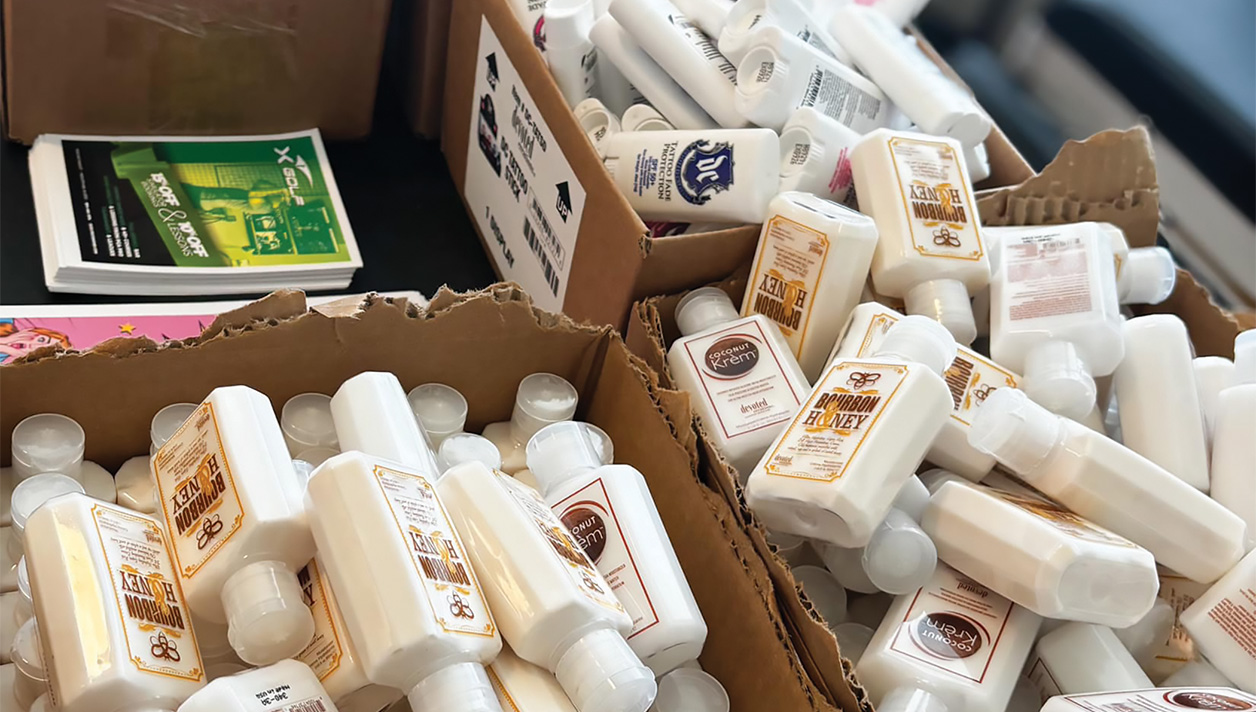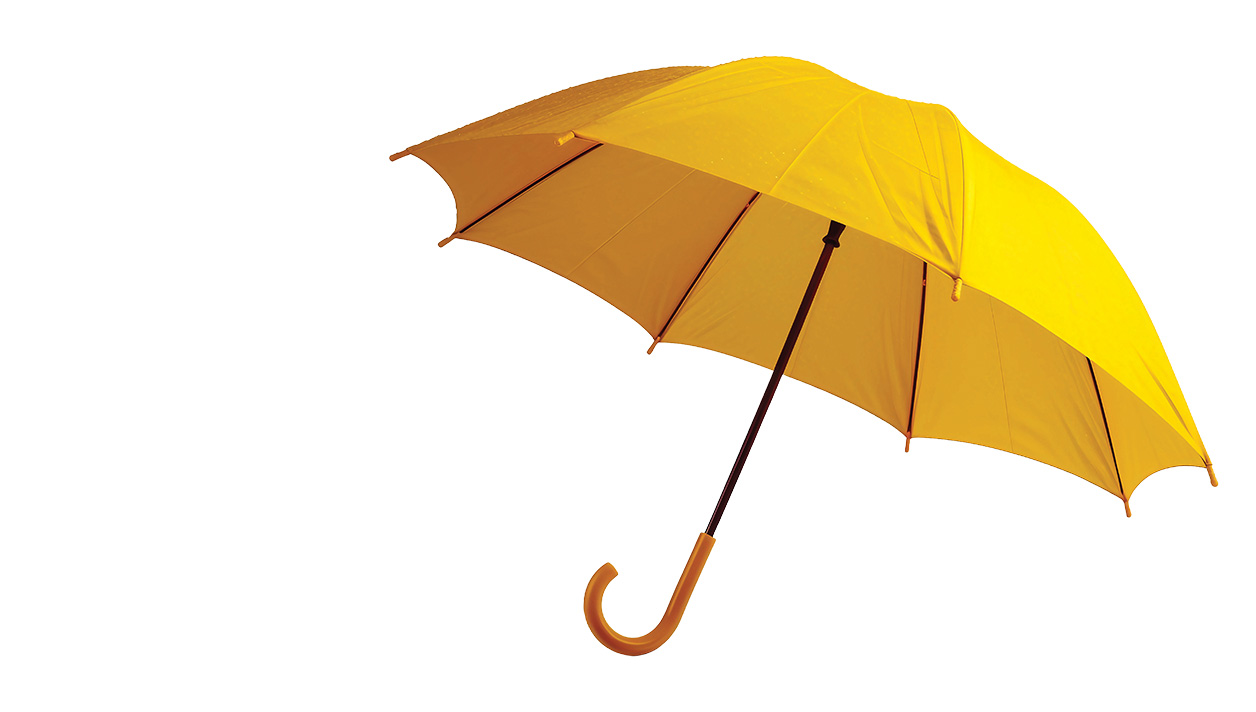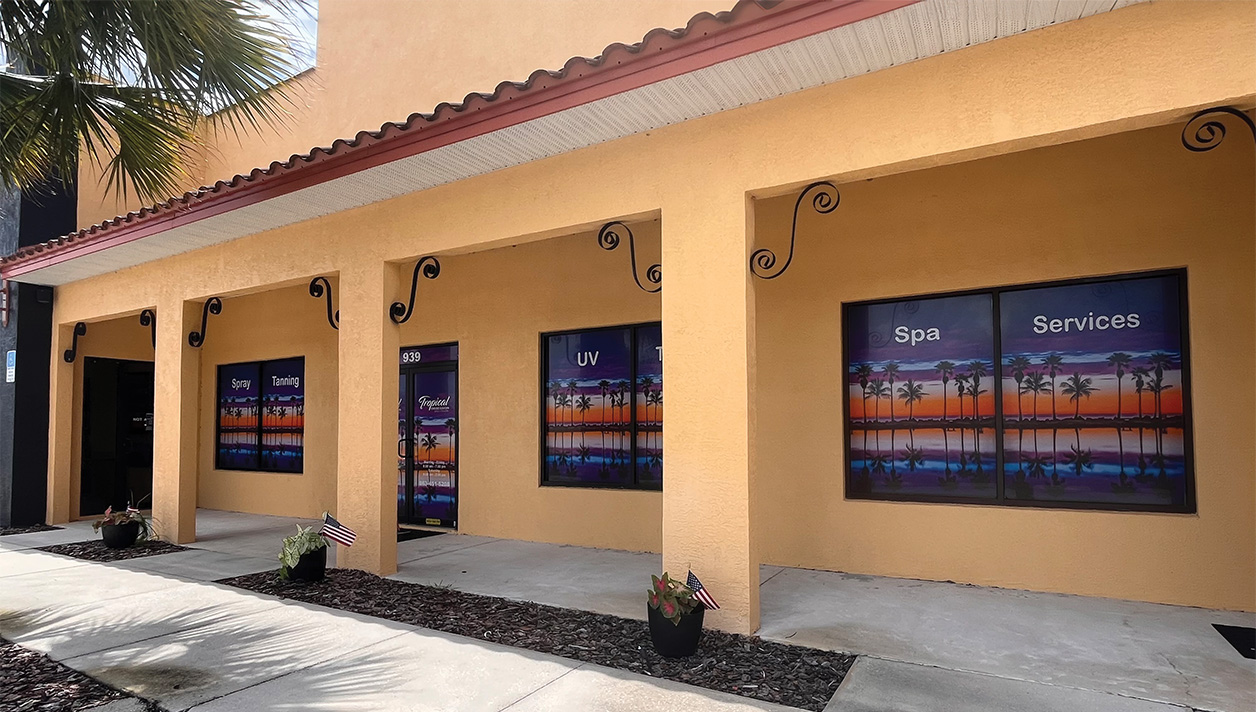Global trends are like a river. Sometimes they are powerful, sometimes they are weak and sometimes they’re so mellow, your business can glide along them like a leisurely, summer afternoon pontoon boat ride. Right now, there are three big and scary trends that are NOT going to be a leisurely pontoon business boat ride. Prepare your life vests; we’re headed into the rapids.
1. Resource Roulette
The stress that global supply chains
are under continues to make resource availability and access precarious and unpredictable. This in turn, makes it incredibly difficult for businesses to set prices, determine shipment dates, establish baseline costs, or create “Just In Time” (JIT) delivery timelines if those conditions exist. If energy costs fluctuate wildly, if product shipments are held up thanks to global unrest or catastrophic weather events, or if resources we need for production dry up, it creates chaos and this affects your bottom line. There are examples of this all around us.
Coca-Cola is a soft drink; its predominant ingredient is clean water. If the company that makes it (Coca-Cola) can’t get or doesn’t have access to clean water (thanks to a drought or pollution, or some other factor) they can’t make something as simple as a single can of Coca-Cola. No clean water results in no Coke. Many southern states have had severe drought conditions for the past several years and this condition is being echoed around the globe. Resource Roulette, however, extends well beyond clean water.
Many global fisheries (thanks to overfishing and pollution) are depleted. Fishery depletion may not affect your business directly. You may never even think about global fisheries, but if
you’re a fisherman, restaurateur, boat manufacturer, or if you supply materials for boats, transportation to fish markets or any other global connection to that industry, it will affect your business. We have always lived in one globally connected biological eco-system; we are now living in a globally connected economic system, as well. From water to energy to raw materials, the impact seven billion people and a short-term vision for how we use resources increases scarcity and unpredictability.
2. Amped Expectations
Modern consumers want their products to be high quality, affordable and readily available, but they have now extended product expectations to the actual company itself. Consumers want the companies they do business with to be responsible for how they treat the environment, how they treat their local community and how they treat their own employees.
It seems that consumers around the globe have a hunch that seven billion people can’t survive and thrive doing business the way it’s been done in the past. As a result, they’re demanding changes in the products they buy and the companies with which they choose to do business.
3. Global Connectivity
We know that 21st century communication is decentralized, personal, fast, cheap and capable of becoming exponentially viral. For businesses, this connectivity is a blessing and a curse. The blessing: we can connect directly to customers all over the world via digital technology quickly, easily and inexpensively. The curse: those same customers can do the same thing if they’re not happy with our performance. They can do this quickly at no cost and if we’re not careful, its negative impact can grow exponentially and harm our company’s reputation.
In the modern world, reputation harm can mean financial catastrophe for companies. Technological advances have made computers, a Wi-Fi signal, portable computers, inexpensive video cameras and smart phones available to mass audiences at a very low cost all over the globe. This has pushed an enormous amount of centralized message control away from corporations and toward consumers. There was a time when networks controlled the only mass message pipeline. This is no longer true. If a company is doing a poor job according to the customer, in a matter of minutes they can shoot a complaint video, start a Facebook page, share a Tweet and before you know it, the bad news is everywhere.
NAVIGATING THE WATERS
The best hope to navigate these treacherous waters is to reorient your business focus from a “profits only” bottom line approach (which has served us well, but no longer meets the needs of shareholders AND stakeholders) to a “triple bottom line: people, planet, and profits” approach. Why? Because it meets these three trends head-on. Is this approach easy? No way.
Is it important? Yes. Will it succeed? Probably, although there are no guarantees, but there’s no guarantee that any business strategy you pursue will be successful. To do nothing almost guarantees failure; the trends are too huge.
You can get started by asking a simple question: “Is this business decision good for (1) Profits (2) People (3) The planet?”
Many companies around the globe have already begun moving in this direction (others have jumped right into the river) and it’s paying off for their “bottom line” profits. These companies have seen the rough waters ahead for global business and have committed to taking the smart and courageous steps to preserve their triple bottom line: people, planet and profits.
If your business is going to ride the rough waters in the 21st century, you must integrate sustainability into the way you do business because it’s what consumers want and it’s the path for true, long-term business success.























